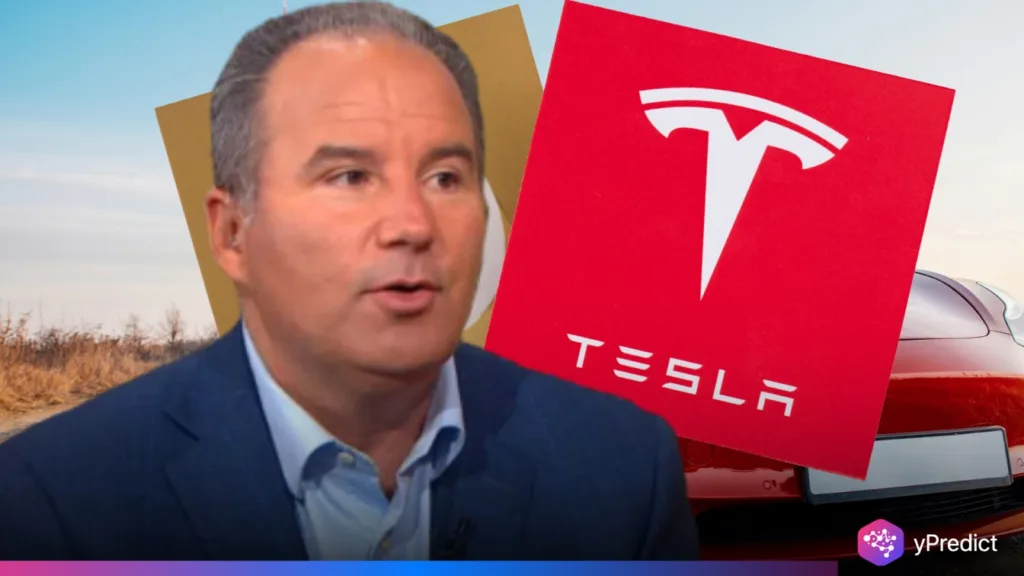
Tesla’s stock back front and center. Dan Ives, Wedbush Securities says the company is on verge of massive. He predicts Tesla could control 80% of the self-driving car market within six months. If so, Tesla may present a $2 trillion market cap opportunity, with $3 trillion possible long term. His view isn’t about hype. He argues Tesla is still the leading most undervalued AI company especially in physical AI like self-driving. The bet? Tesla’s vast driving data will push it ahead of rivals that already operate robotaxis.
Tesla’s Current Position
September was big for Tesla. Shares jumped 19%, nearly erasing the year-to-date losses. Part of the bounce was also because the markets were pricing in rate cuts — a good thing for tech stocks. Another was robust Q2 earnings. But Tesla’s lift also came with a healthy serving of company-specific headlines. Elon Musk just scored a colossal $1 trillion golden parachute. That means he’ll be tied to Tesla for years. Dan Ives sees this stability as the crux of his bullish thesis. Tesla today only offers Level 2 automation.
And drivers still have to watch and steer if needed. Musk promised full autonomy years ago, but deadlines passed. Skeptics now question whether Tesla can meet the ambitious goals Ives outlines. Still, he argues Tesla’s real-world data edge is what sets them apart. Millions of automobiles power training sets on a daily basis. No company else has that scale. That’s what Ives believes could convert to near-term market dominance. The challenge? Turning data into safe, reliable autonomy tech faster than rivals.
Competition and Future Risks
Waymo, Google’s internal wager, already operates fully autonomous rides in urban environments. Cruise, GM-backed, is Level 4 as well. So why does Dan Ives think Tesla still wins? His perspective: Tesla has a different model. Plan isn’t solely to operate robotaxis. It’s to promote independence to sole proprietors. That would enable Tesla drivers to subscribe to software updates that make their cars self-driving. Regulators may push back. Public confidence might be more gradual. But if Tesla succeeds, adoption spreads much wider.
Ives observes Waymo and Cruise rely on centralized fleets. Tesla, instead, scales autonomy one car at a time. Rivals do have resources. Alphabet’s $1.5 trillion backing Waymo and GM’s support for Cruise do. But Ives believes Tesla’s scale advantage for providing data, training neural nets and deploying software updates gives it the upper hand. It’s not without risk. Old vows of total independence went unkept. Consumers know that. Regulators are cautious. Yet, Ives remains convinced Tesla, despite setbacks, could soon sit atop the autonomous sector.
Conclusion
Dan Ives’ forecast is bold: Tesla dominating 80% of autonomy. His bull believes it’s the best AI play available, even with doubts. The stock’s September run shows that investors are prepared to gamble again. But the gap between aspiration and tech actuality is vast. Waymo and Cruise already have L4. Tesla still sells Level 2. Ives’ call gets its test over the next six months. Will Tesla’s unmatched data and over-the-air updates be enough? Or will challengers’ fleets take the lead? Investors now wait for proof.





